Florida, July 25 (V7N) - Hulk Hogan, the man who brought professional wrestling into the national spotlight and became the biggest box-office draw in the history of the industry, died on July 24 at the age of 71, as confirmed by Florida police and World Wrestling Entertainment (WWE).
His death marks the end of a career that reshaped the landscape of sports entertainment. Hogan, born Terry Bollea, was not just a wrestler — he was a cultural phenomenon. From the 1980s boom of professional wrestling to the Monday Night Wars of the '90s, Hogan’s presence loomed large, both in and out of the ring. He embodied a heroic, larger-than-life figure — one who told children they could achieve greatness if they “ate their vitamins and said their prayers.”
His final WWE appearance came on January 6 during the Netflix debut of WWE Raw at the Intuit Dome. The moment was poised to be a celebration, with Hogan’s iconic entrance music “Real American” blasting through the speakers. But instead of adulation, the crowd responded with loud boos, drowning out his attempts to thank the fans for their years of support.
That negative reception would become Hogan’s last on WWE programming.
The mixed crowd reaction reflected the duality of Hogan’s legacy — one of groundbreaking achievement intertwined with self-inflicted controversy. It’s undeniable that Hogan was a trailblazer. Without him, wrestling may never have achieved mainstream popularity. His role in launching WWE into a global brand helped pave the way for stars like Dwayne “The Rock” Johnson and John Cena to cross over into Hollywood and become household names.
If there were a Mount Rushmore of professional wrestling based solely on contributions to the industry, Hulk Hogan would surely be carved into it.
But Hogan’s story is more complex than his accolades. His legacy is also shadowed by controversy, personal failings, and a long history of manipulation and ego-driven decisions that alienated both fans and peers.
Steroid use was an open secret during the early years of WWE. For years, Hogan publicly denied ever using performance-enhancing drugs. That illusion shattered in 1994 when, during the high-profile federal trial United States v. McMahon, he admitted under immunity that he had indeed taken steroids. His testimony ultimately helped WWE founder Vince McMahon avoid conviction, but it irreparably damaged Hogan’s image as a clean-cut role model.
This revelation marked the beginning of a long series of embellishments and fabrications that would mar Hogan’s public persona. He often exaggerated — or outright lied — about events in his life. From claiming he was scouted by Major League Baseball and offered a spot as Metallica’s bassist, to spreading falsehoods about fellow wrestlers, Hogan’s need to inflate his legacy often came at the expense of others.
Perhaps more troubling were his backstage politics. Rarely did Hogan lose in the ring — a result of exerting creative control over his character and outcomes. He was often accused of “burying” younger talent, preventing them from rising in popularity for fear they might overshadow him. From WWE to WCW, stories abound of wrestlers whose careers were stifled by Hogan’s insistence on remaining the top draw.
One notable incident occurred after the 1991 Survivor Series, where Hogan falsely claimed that The Undertaker had legitimately injured him during a match. The accusation nearly led to The Undertaker’s firing, until video footage proved Hogan's claims were unfounded.
These manipulations, coupled with later controversies — including his involvement in a racially charged scandal that led to his temporary removal from the WWE Hall of Fame — make it impossible to remember Hogan without acknowledging the full spectrum of his legacy.
Still, despite the flaws, few figures have had the cultural impact that Hogan did. He was the face of WrestleMania, the leader of the revolutionary New World Order (nWo) in WCW, and the spark that helped transform pro wrestling from a niche attraction into a mainstream global spectacle.
Hulk Hogan's story is one of unparalleled rise, stunning influence, and a dramatic fall from grace. As the wrestling world and fans around the globe reflect on his passing, they do so not with simple reverence or disdain, but with the complicated recognition of a man who helped build an empire — and who, in many ways, could not escape being consumed by it.
END/WD/SMA/



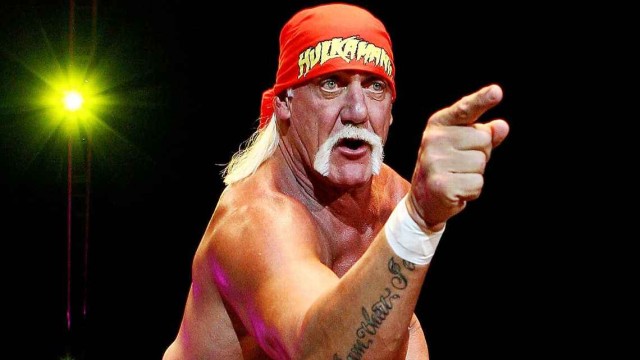
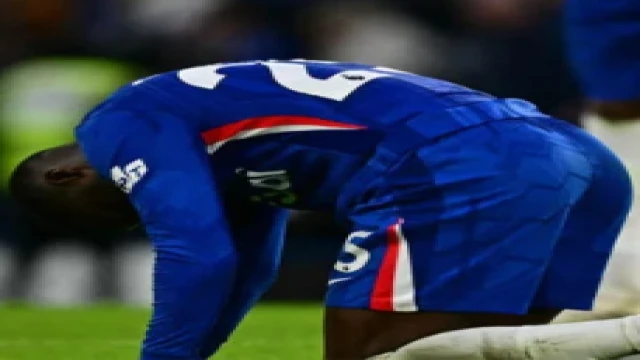


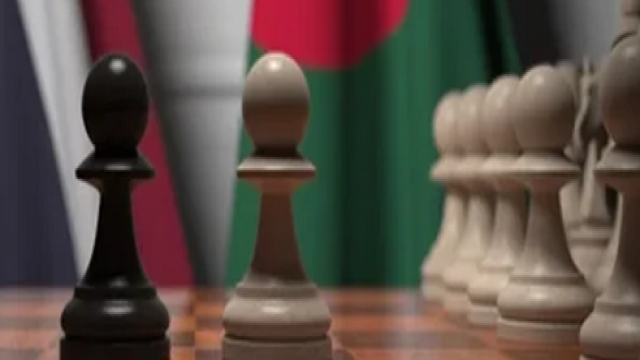
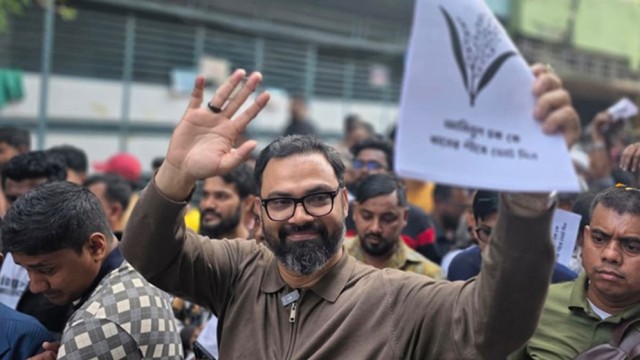


















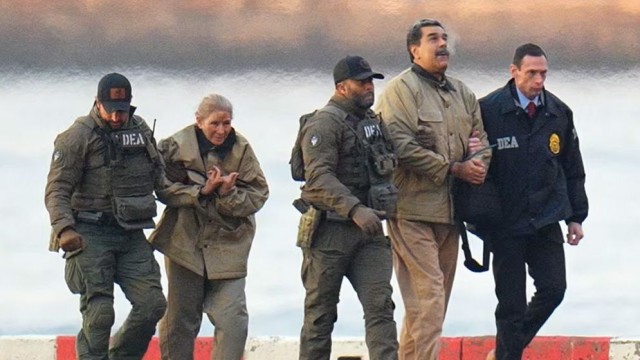



Comment: